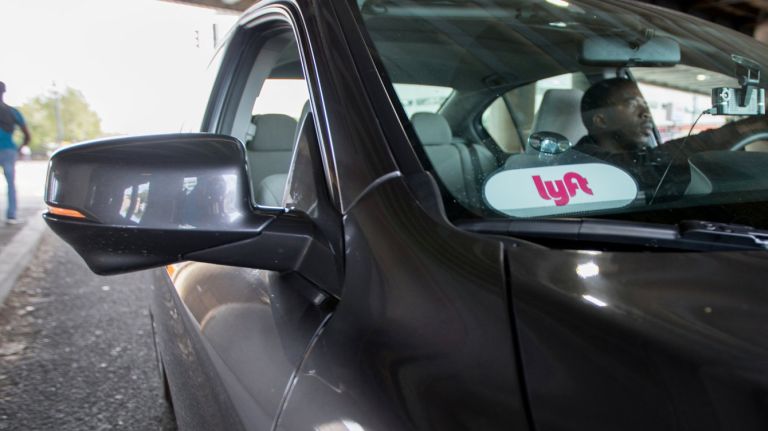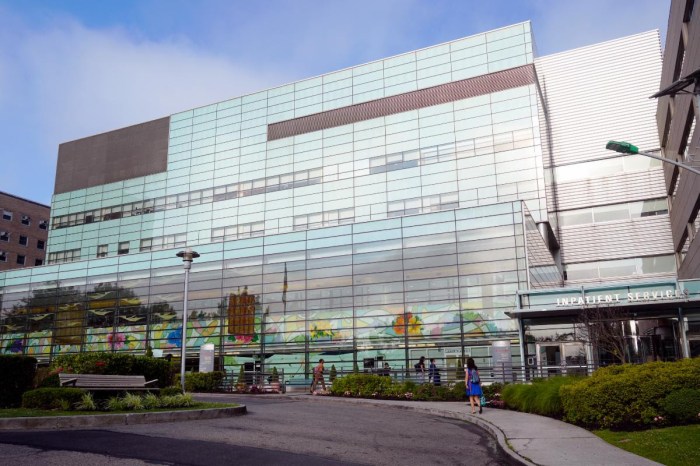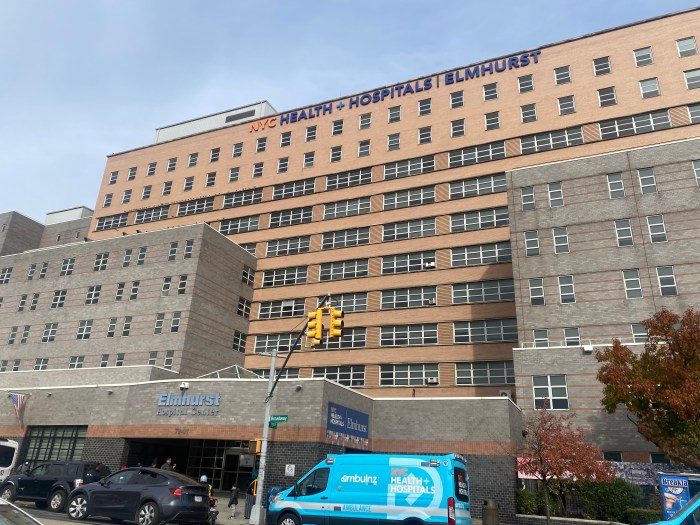BY BETH DEDMAN
Rideshare companies Lyft and Myle are reducing the cost of rides during the coronavirus pandemic.
Lyft is donating tens of thousands of rides to people with essential transportation needs during the pandemic, including families and children, low-income seniors, doctors, and nurses.
“All of us at Lyft feel the weight of our responsibility to the community, particularly right now,” according to a press release from Lyft. “Lyft drivers are already playing a vital role in connecting people with essential services and goods, but many vulnerable populations still don’t have as much access to these essentials as they should.”
Lyft’s community outreach program, LyftUp, is partnering with public health entities, local governments, nonprofits and community organizations that are combatting the COVID-19 crisis.
In partnership with the National Council on Aging, Lyft is providing free rides to caregivers within their network to deliver food and supplies to their homebound loved ones.
They are also reaching vulnerable populations through their LyftUp Jobs Access Program, which provides rides to and from job interviews and training. Their LyftUp Grocery Access Program provides rides to and from grocery stores in food-insecure areas.
They are also teaming up with local organizations, such as Team Rubicon, Year Up, and World Central Kitchen, as well as first responders to provide rides to help those who need to access urgent services, food, shelter, and other critical resources.
We are relying on our partners to serve the individuals that need this support the most directly, in the press release. Drivers will be compensated as normal for these rides as well as any LyftUp rides.
Myle Technologies, a ride-hailing platform that launched last month in NYC, has adjusted its prices to offer customers 15% less on average than other ride-sharing providers during this coronavirus National Emergency. The company, which is run with a policy of no surge pricing, increased its affordability by 5% in the crisis.
All riders and drivers need to stay home if they are sick, and they should work with a medical professional to discuss transportation options if they need to see a doctor. Anyone who suspects they may have COVID-19 or has been diagnosed with COVID-19 should not use ridesharing, according to the CDC.




































